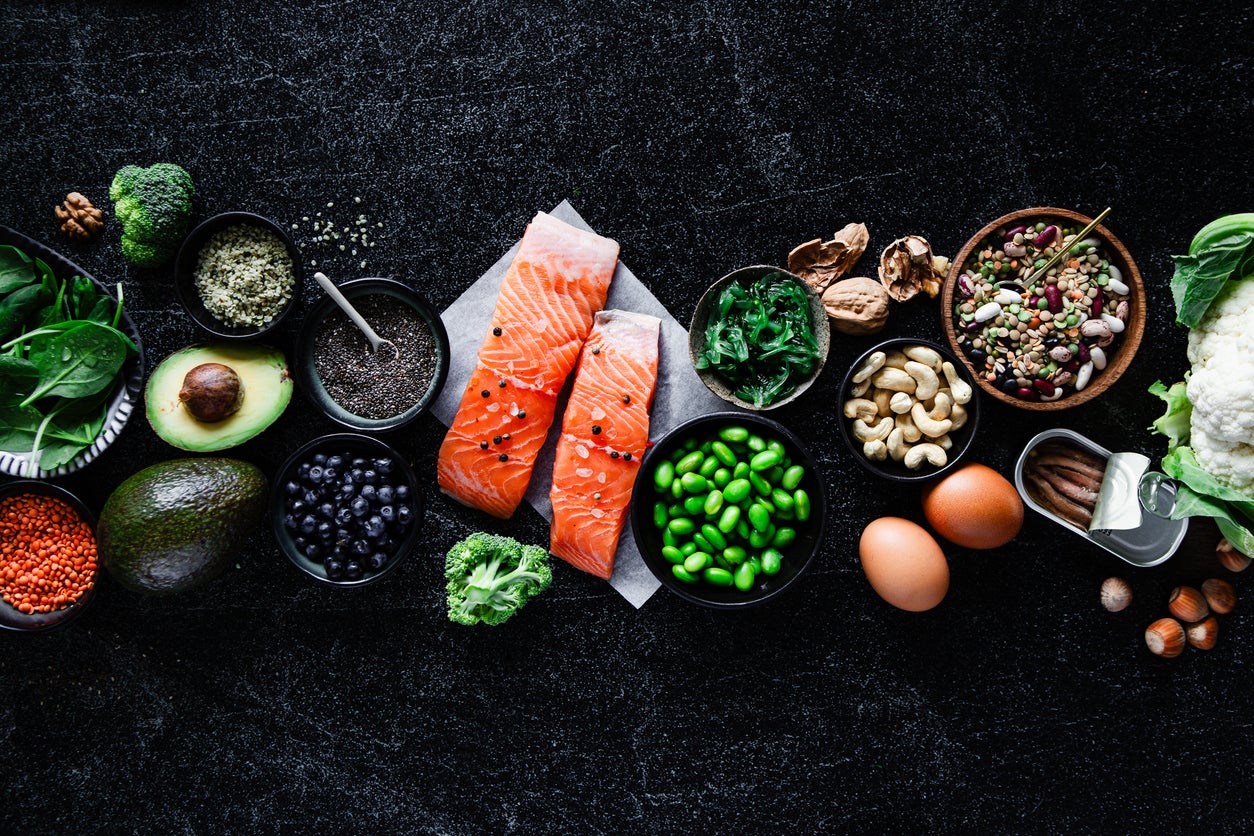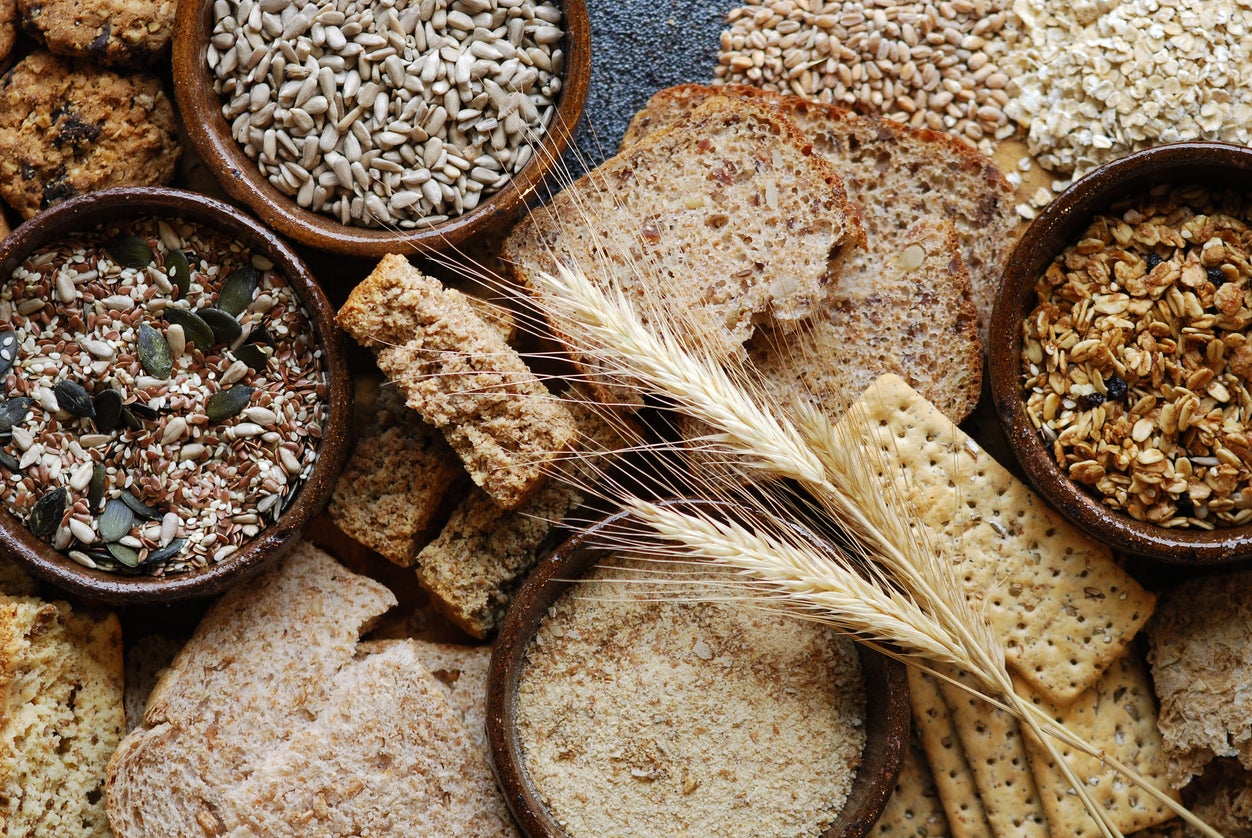As health and wellness influencers and recipes gain traction online, one macronutrient outshines the rest: protein.
Protein-rich foods are celebrated as the golden answer — the key to keeping you feel full with less calories, helping both weight loss and muscle gain. However, the protein craze could mean we’re eating too much for our own good.
“There’s always been trends around foods that are extreme,” physiologist George Wells, Ph.D., told The Independent. “We had low fat, then low sugar, and now we happen to have high protein. The extremes tend to catch people’s attention. But they’re not good for us and they never last.”
Amid the protein craze, we’re pushing an important nutrient to the side: fiber. Accredited Practicing Dietitian Kim Lindsay says fiber is ignored because carbohydrates have been demonized and feared.
“When there’s a trend towards a low-carb, higher protein, if we’re reducing the amount of carbohydrates that we’re eating, we’re going to naturally reduce the amount of fiber that we’re taking in, right?” Lindsay explained. “We have to have a balanced diet where we include plant foods, protein-containing foods, and fats in our diet.”
Instead, balance is being pushed aside for protein-rich eggs, meat and seafood. Snacks previously called “junk food” are getting a wellness makeover, with added protein now found in many bars, chips and gummies. Even the Kardashians are on board, with Khloe Kardashian recently launching her protein popcorn, “Kloud,” which offers seven grams of protein per one cup of popcorn.
The International Food Information Council’s annual survey found that 71 percent of consumers were trying to increase their protein intake this year, a 6 percent rise from 2023. The survey also found that exposure to food and nutrition content online, much of which is protein focused, is up by 54 percent.
To be clear, protein is an essential macronutrient to help bodily functions, like fighting infection, providing energy, and building and maintaining muscle mass. Intake depends on body weight, with general guidance being that a just over a third of the calories we consume each day should come from protein. So, with the average American woman weighing around 171 pounds, she should consume about 62 grams of protein a day. The average American man, at around 200 pounds, should eat about 72 grams of protein daily.

However, Wells believes that due to social media, we’re only focused on having as much protein as possible. “I think the craze around protein right now probably is linked to bodybuilding and the obsession with body composition — looking like you have the six-pack abs,” he said.
But that ignores the flip side. “If you have too much protein, it’s really hard for the body to deal with all of the amino acids that are floating around,” Wells added.
That’s where fiber comes in handy. Typically found in whole grains, fruits, and vegetables, fiber is particularly beneficial to your digestive system and keeping you regular. While men should have about 38 grams a day and women should have 25 grams, as noted by dietitian Kristin Kirkpatrick, you shouldn’t just jump into doing that if you’ve been eating way less.
“Fiber intake should be tailored to the individual and the microbiome. However, if you are well under this amount, you should go slow to allow the body adequate time to adjust,” Kirkpatrick, the owner of KAK nutrition consulting, explained. She added that fiber can also prevent certain cancers and type 2 diabetes and improve heart health.

Observational studies have found a fiber deficiency among Americans. According to a study published in the American Journal of Lifestyle Medicine, only five percent of the population has the recommended amount of fiber a day. Inadequate intake can result in health issues like chronic constipation and gastrointestinal problems.
Similar to avoiding high-processed foods just because they’ve got extra protein added to them, we should focus on eating real foods that are naturally high in fiber rather than ultra-processed foods with bits of fiber in them.
“We gravitate towards highly processed foods because they’re engineered to taste fantastic,” Wells said. ”They’re high in sugar and salts, and we crave them as a result. There’s no real incentive for the processed foods to be satiating. They’re great for business, but they’re really not very good for our health.”










